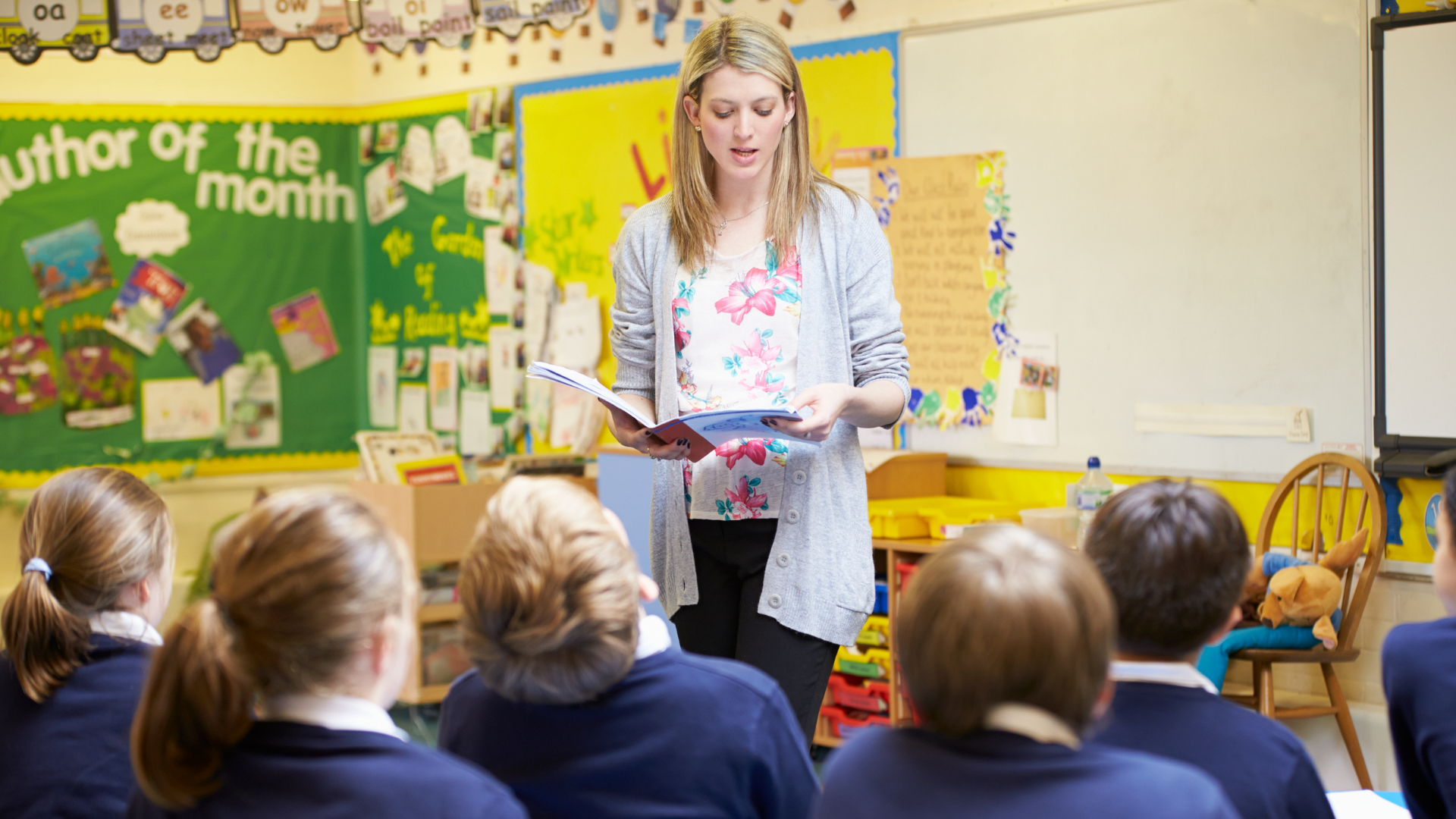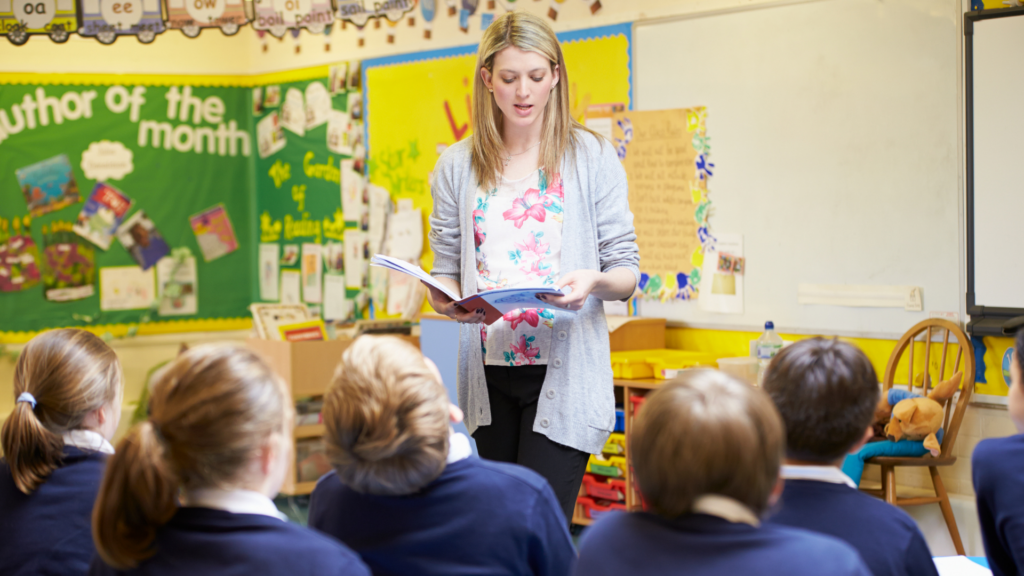
Priority Literacy: a new white paper
8/10/2021

At the Conservative party conference, recently appointed Secretary of State for Education Nadhim Zahawi promised to publish a new white paper on tackling illiteracy and innumeracy. Any focus on literacy and numeracy are welcomed. Bizarrely, the DfE’s own strategy (2015 – 2020), which promised world-beating education and care could only manage a couple of short sentences on this enormous priorty, which read:
“Improve literacy and numeracy for all, including through strengthening primary assessment measures and delivering reformed Key Stage 2 tests.”
Department for Education, 2015
The very idea that the Secretary of State should highlight this as a priority is as banal as it is superfluous. Of course literacy is a major concern, and with the impact of lost learning, now more so than ever.
Evidence from the Education Endowment Foundation’s analysis of Covid impact claims that primary-age pupils have significantly lower achievement in both reading and maths than is usually expected of their age group, as a likely result of missed learning.
There is also a large and concerning attainment gap between disadvantaged pupils and non-disadvantaged pupils, including those with Special Educational Needs and Disability (SEND), which is estimated to be up to seven months’ learning. Let’s hope someone at Sanctuary Buildings takes note not to forget about these young people in particular.
Literacy as a right for every child
Literacy should be the right of every child. To reduce illiteracy, the government should prioritise initiatives which address groups of pupils with the greatest need, i.e. those which achieve far below that of their peers. According to the last full set of data we had before Covid (2018/19), this should be for children who are:
- SEN support and EHCP: Phonics in Year 1 (43%), GCSEs English and maths (16.8% and 5.5% respectively)
- Irish, Gypsy, Roma and Traveller: Phonics in Year 1 (43%); GCSEs (13.9% and 6%)
- Disadvantaged and Free School Meals: Phonics in Year 1 (71%); GCSEs (24.7% and 22.5%)
There is very little that is specific in the government’s current agenda to address the literacy levels for these pupils. The (Covid) education recovery plan provides nothing for young people with SEND. Far too few leaders in the sector are calling this out.
Build back better
So, what should the new DfE team do, to not only ‘recover but to build back better’? With our partners at the FEA, CLPE and First Story, we published an open letter calling on the government to prioritise three very simple things:
- Give all young people access to the broadest English Curriculum: the DfE should support schools to secure decoding, transcribing and written comprehension and then to go beyond and support the many other different aspects of literacy.
- Incentivise schools to reinstate cultural experiences and provide the necessary support and guidance to embed this into their curriculum: rich literacy knowledge comes from a range of experiences and cultural opportunities essential for developing literacy and cultural capital.
- Invest in professional development for teachers to ensure they are equipped to meet the needs of all pupils: the pupils with the lowest progress and attainment are those most often identified as having SEND or some other form of disadvantage. Empowering teachers to meet the many different needs of these young people is time consuming and resource intensive, but can have results when done well.
We know that well trained and resourced teachers are out best asset in enabling children to become literate. The government is going to need every resource it can muster to overcome the herculean task. It might be tempted to expand its English Hubs programme, or make tweaks to the Early Career Framework, but this is mere tinkering.
Lets hope that Mr Zahawi is true to his word when he says, “I will work tirelessly to spread opportunity and unleash the brilliance of the young people of this country”.

Chris Rossiter, DYT Chief Executive
Chris originally trained as an applied psychologist and has worked across the private, public and charitable sector for over fifteen years. He has particular expertise in special educational needs and disability, and organisational psychology. He is a primary Chair of Governors, Trustee of the Astrea Academy Trust, member of the literacy sub-committee of the Hastings Opportunity Area and Fellow of the Royal Society of Arts. Married to Geoff, Chris lives in Berkshire and has interests which include cycling, wine and twentieth century art. Chris’ real passion is his Labrador, Dolly.
